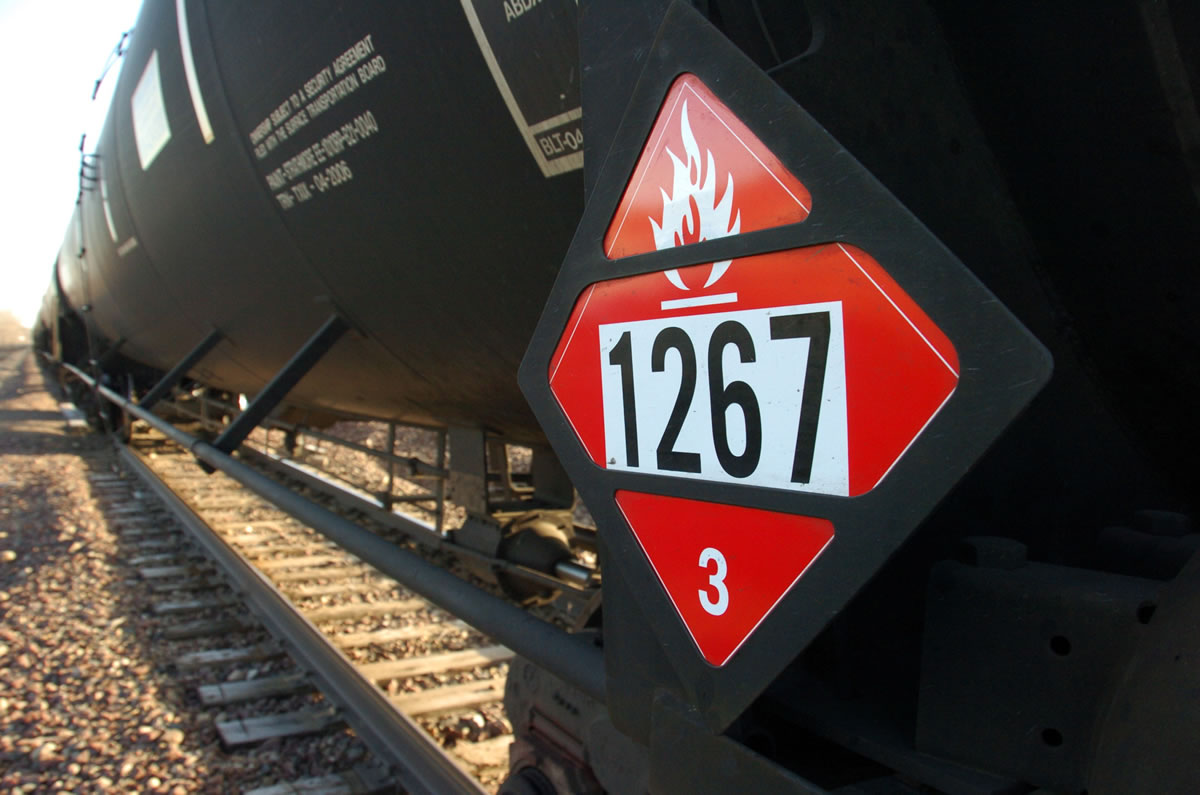WASHINGTON — As federal regulators wrestle over how to improve the safety of crude-oil shipments by rail, they could dust off a solution first proposed during in the Nixon administration: slow the trains.
The Federal Railroad Administration proposed in October 1970 that trains carrying flammable cargo in tank cars slow to 25 mph through incorporated communities. The proposal was never adopted as a rule, but it could provide a partial answer to the safety problems that have plagued shipments of crude oil and ethanol in recent years.
After a meeting last month between regulators and railroad industry officials, Transportation Secretary Anthony Foxx said the speed of such trains would be considered as part of “comprehensive” approach to improving their safety.
After a series of derailments since last summer, federal officials have concluded that crude oil from North Dakota’s Bakken shale region poses special transportation risks because of its increased flammability. One such derailment in Lac-Megantic, Quebec, killed 47 people in July. Subsequent accidents in Alabama, North Dakota and elsewhere have raised the stakes.
But regulators have seen it happen before.
In the 1970s, the shipment of large volumes of flammable compressed gases such as propane in large, thin-walled tank cars became a major safety issue when such cargo exploded violently in derailments and other accidents. Dozens of people were killed, including railroad workers and firefighters, and entire towns were destroyed.
Some proposed banning the shipments altogether, but concern over economic impact and a desire to reduce the country’s dependence on foreign energy sources made that impractical.
Carl Lyon, who was the acting federal rail administrator when the agency made the speed proposal, said he sees a parallel between the rail safety concerns of the 1970s and today.
“I remember we were having serious problems,” Lyon said in a telephone interview Sunday. “It’s interesting to see it coming around again.”
Many railroads were not in good financial condition in the 1970s, and derailments became common as tracks deteriorated. The design of the tank cars also came under scrutiny. “Jumbo” tank cars that could carry three times the cargo of their predecessors were built with economics more than safety in mind.
Eventually, better track, safer tank cars and a renewed focus on inspections helped improve the situation.
“The problem didn’t go away,” Lyon said, “but it greatly diminished.”



